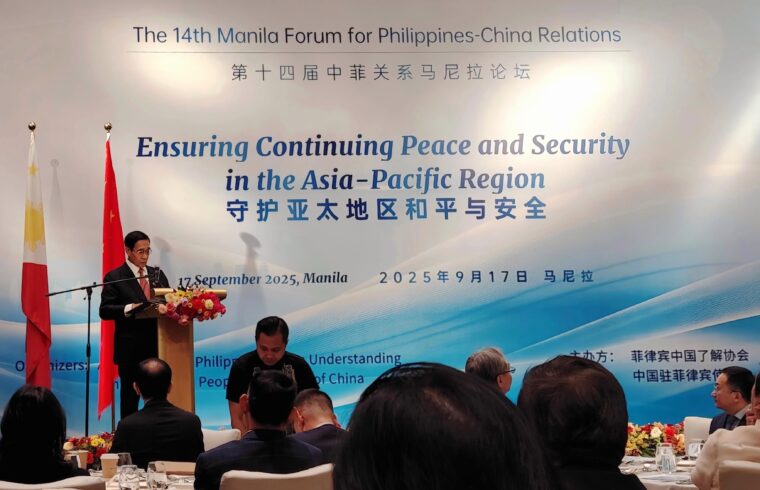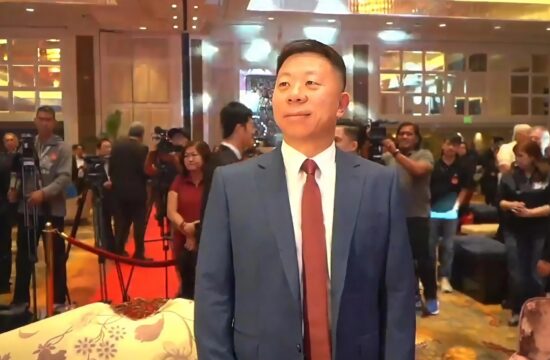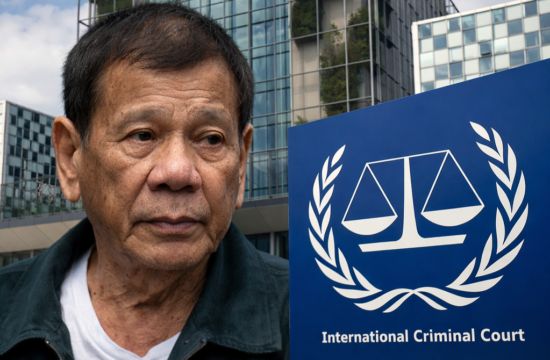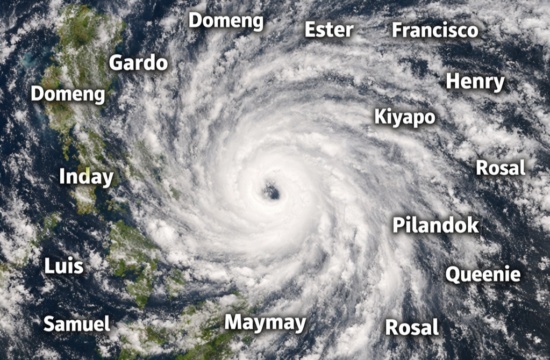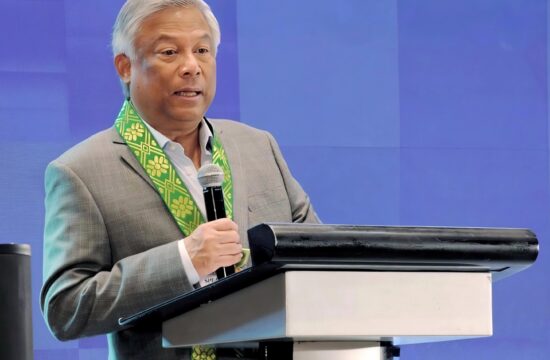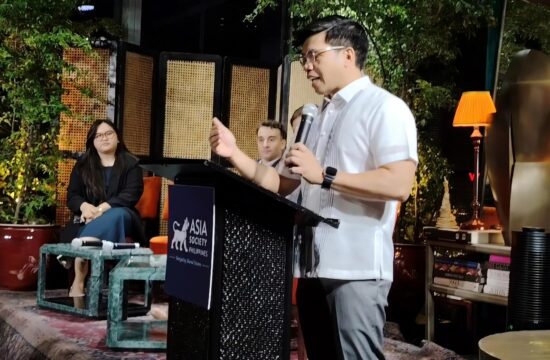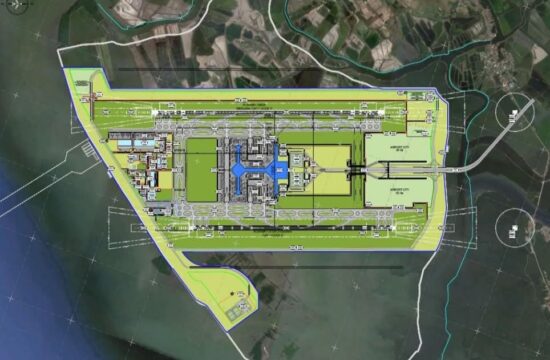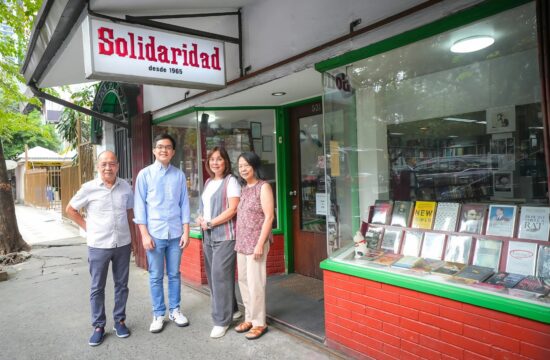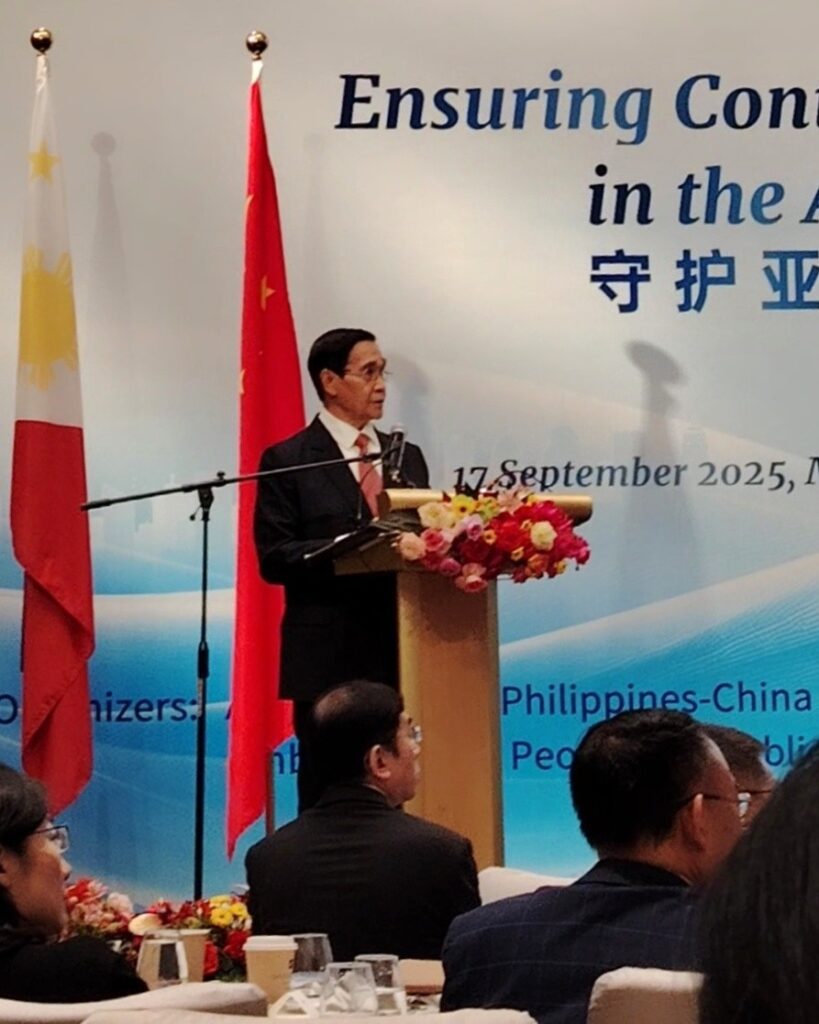
Former national security adviser Hermogenes Esperon Jr. said lasting peace in the Indo-Pacific hinges less on military posturing and more on a nation’s ability to build internal strength, exercise restraint, and foster a culture of security.
Speaking at the 14th Manila Forum for Philippines-China Relations at Shangri-La The Fort on Wednesday, Esperon stressed that “internal cohesion cannot be done by military alone.”
Drawing from his experience in the military and government, he recalled leading the whole-of-nation approach against communist insurgents through the National Task Force to End Local Communist Armed Conflict (NTF-ELCAC), which emphasized that dismantling armed groups required addressing root causes and empowering communities.
Esperon argued that peace abroad begins with stability at home. A nation struggling within, he said, cannot credibly project peace outward. True security, he added, is built on inclusive growth, strong institutions, and equal opportunity, with empowered citizens serving as the backbone of resilience. “Sustainable peace begins with empowered people,” he said.
That internal strength, Esperon noted, must be matched with what he called “assertive restraint”—a posture that balances firm resolve with measured diplomacy. He described the Philippines’ stance in the West Philippine Sea as “like tempered steel—measured yet unbreakable,” stressing that Manila has refused to be drawn into provocation even amid harassment. Regional cooperation, such as trilateral maritime patrols in Southeast Asia, has proven effective in curbing piracy and smuggling, he said, offering a model for ASEAN-led security frameworks that rely on collaboration rather than confrontation.
Esperon underscored that diplomacy remains the first and most vital instrument of national power. “The concept of trust and dialogue, whether we like it or not, we have to revert to diplomacy by all means because it’s the first tool even if you are weak,” he said. “We cannot engage militarily. We must understand the South China Sea is not the sum total of our relation with China.” He added that “friends and enemies are not absolute,” arguing that even as nations maintain defense capabilities, disputes must ultimately be tempered by dialogue.
The former security adviser expressed hope that a code of conduct for the South China Sea will soon be achieved, noting the region’s strategic weight as a passage for $3 trillion worth of trade each year. “We can have agreements that could benefit us all… At least China and the United States are talking,” he said.
For Esperon, stability must be embedded not only in policy but in the fabric of society. By cultivating a culture of security rooted in vigilance, cooperation, and shared responsibility, he said citizens become a nation’s strongest defense. He argued that ASEAN, while successful in promoting economic and cultural integration, has lagged in building such a security framework, a gap that must be addressed if the region’s economic gains are to endure.
He concluded that peace in the Indo-Pacific requires the alignment of all instruments of national power—diplomatic, informational, military, economic, legal, law enforcement, intelligence, finance, and development. “Strengthen our nation from within to allow it to act with graceful and assertive restraint,” he said. “Above all, we must nurture our collective security culture, one that is inclusive, adaptive, respectful, and forward looking.”

